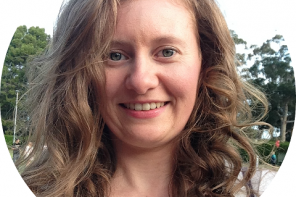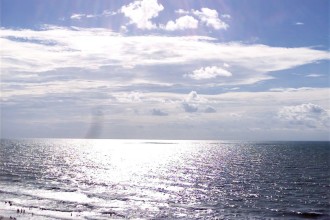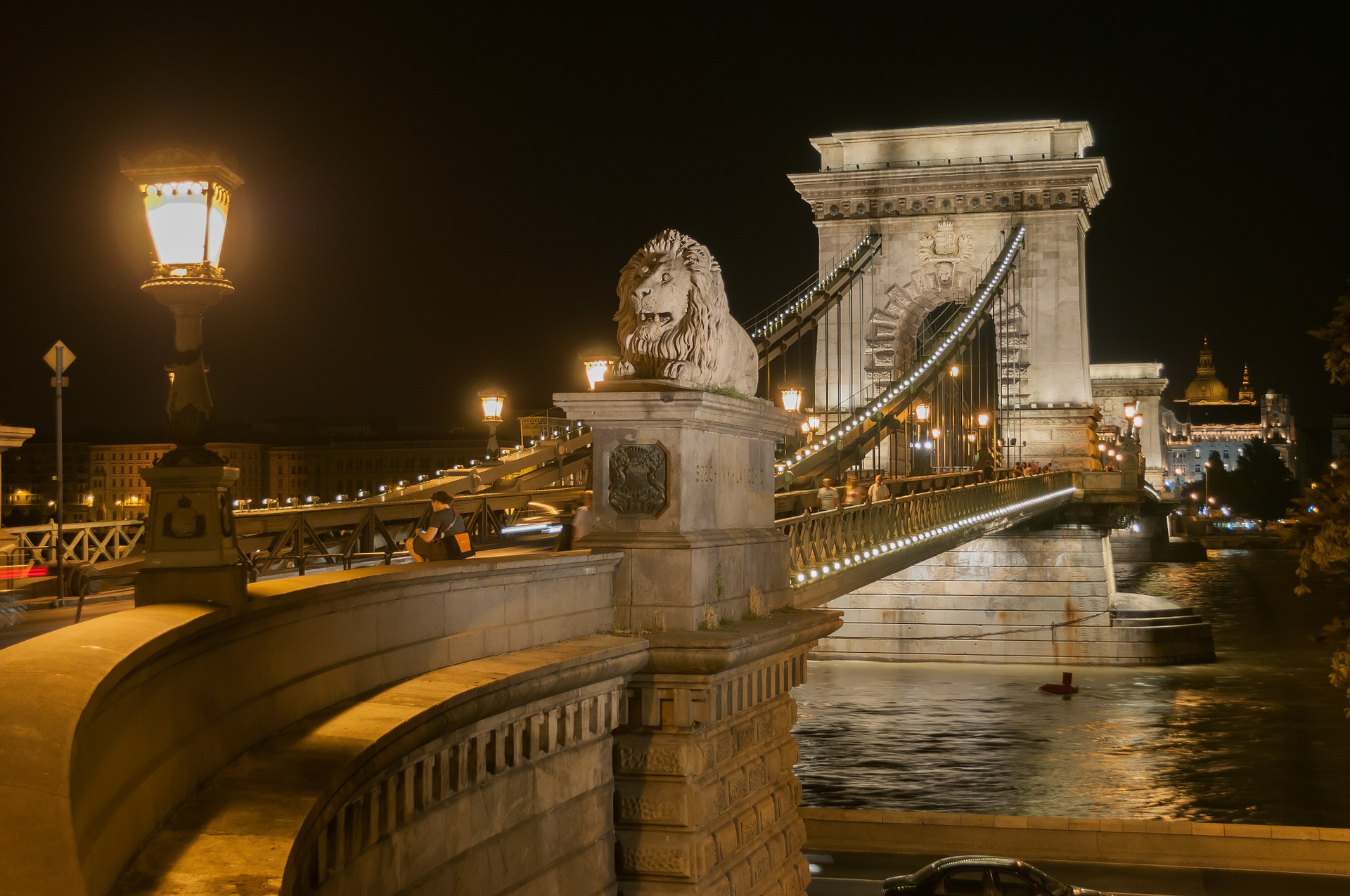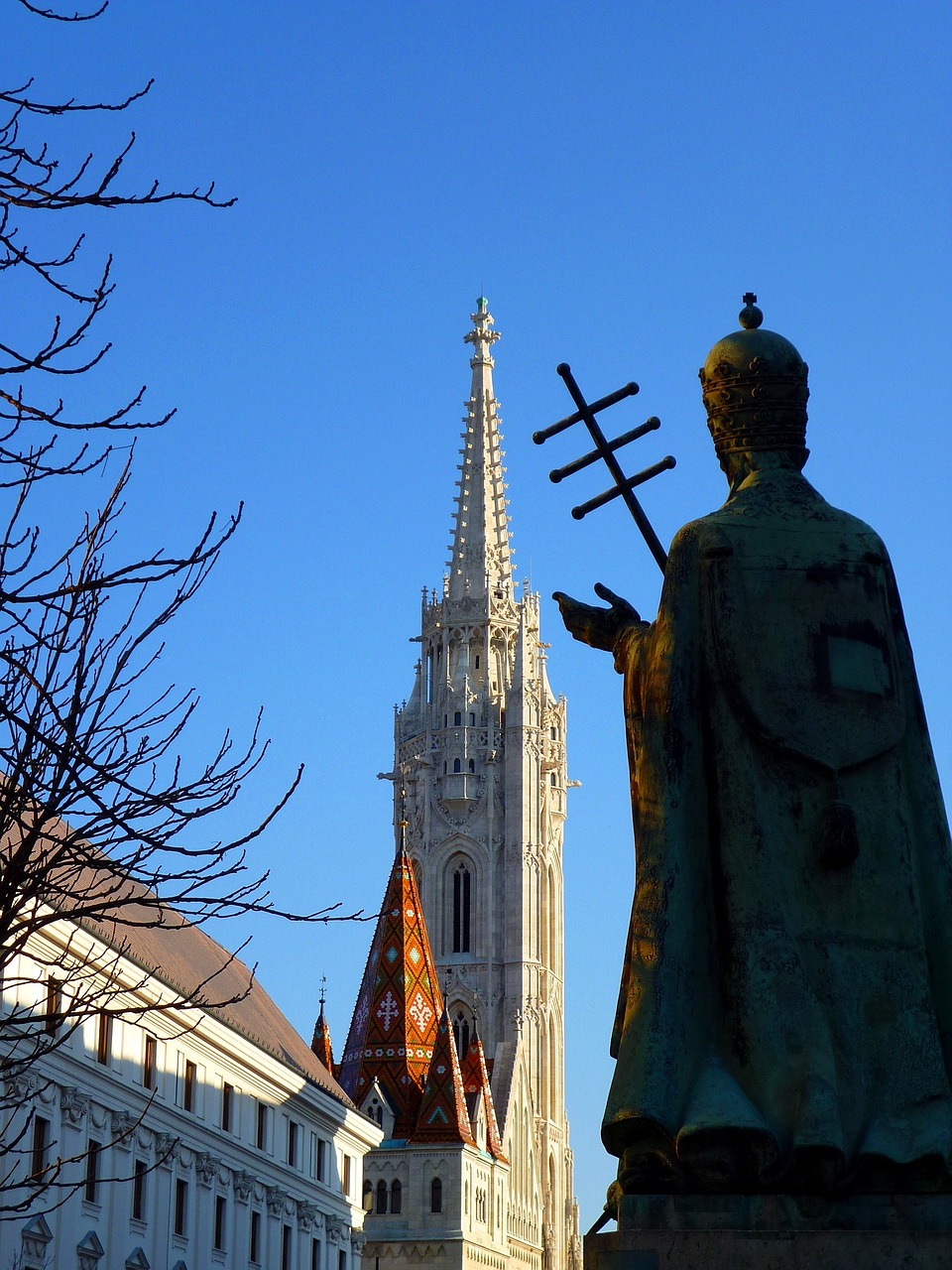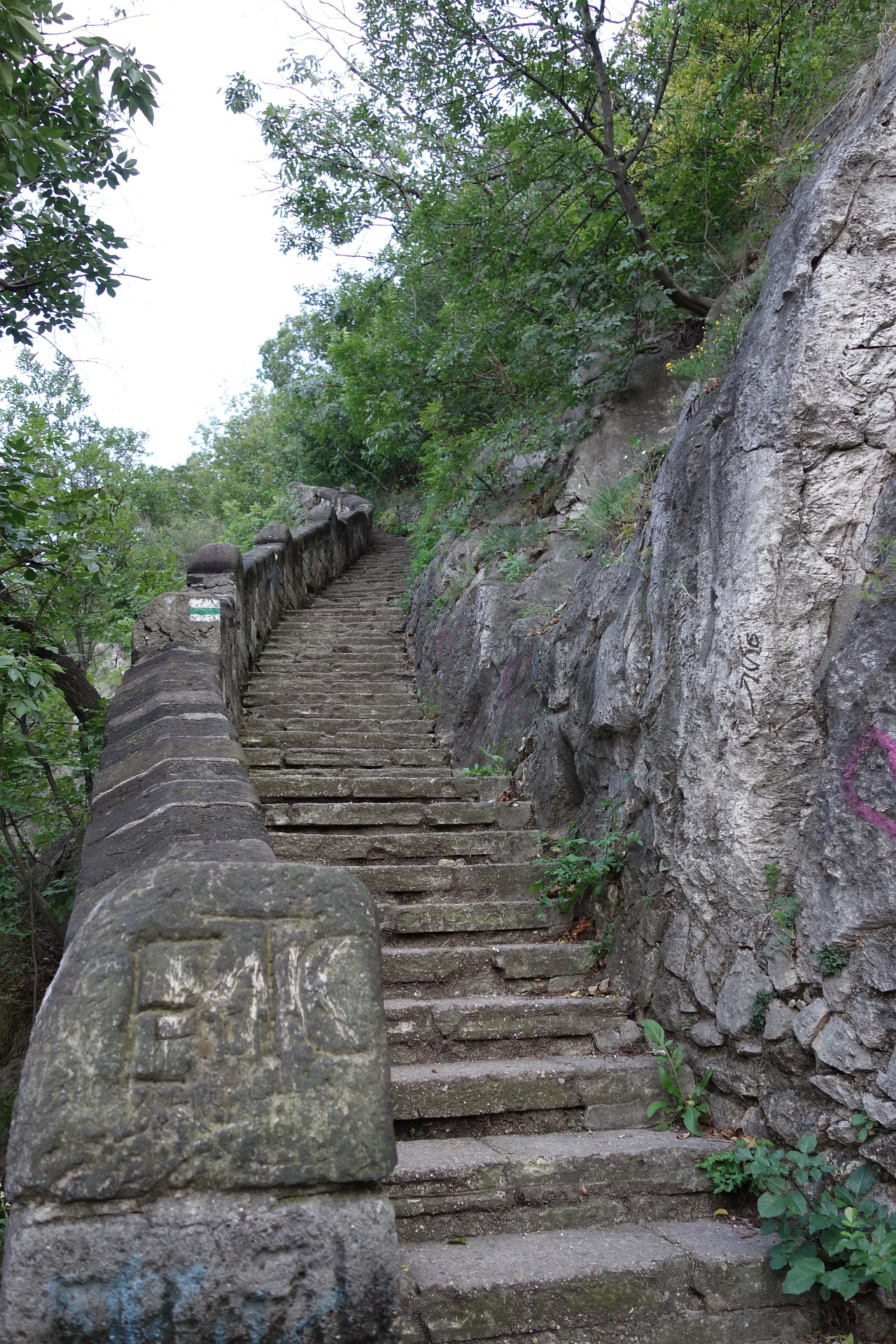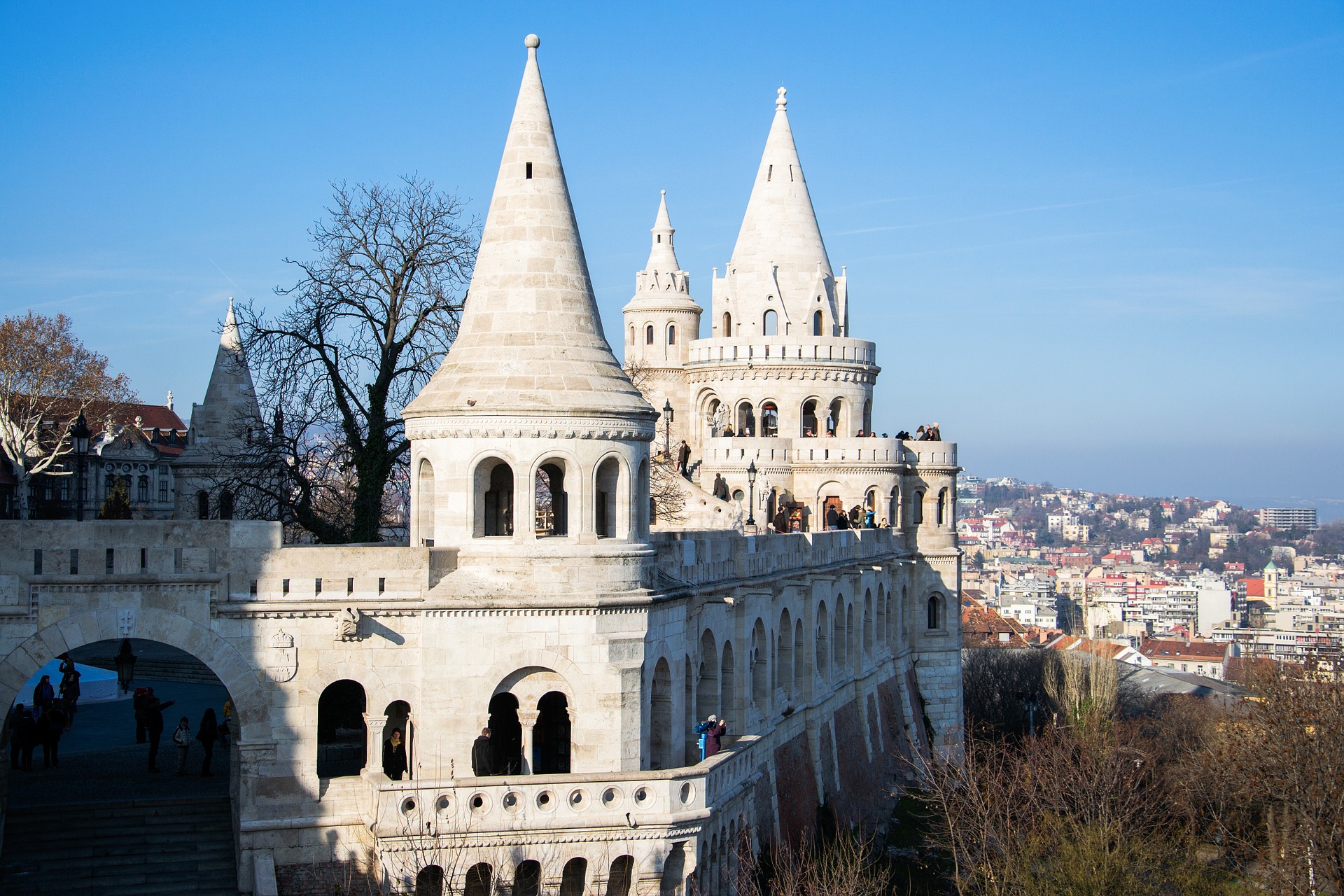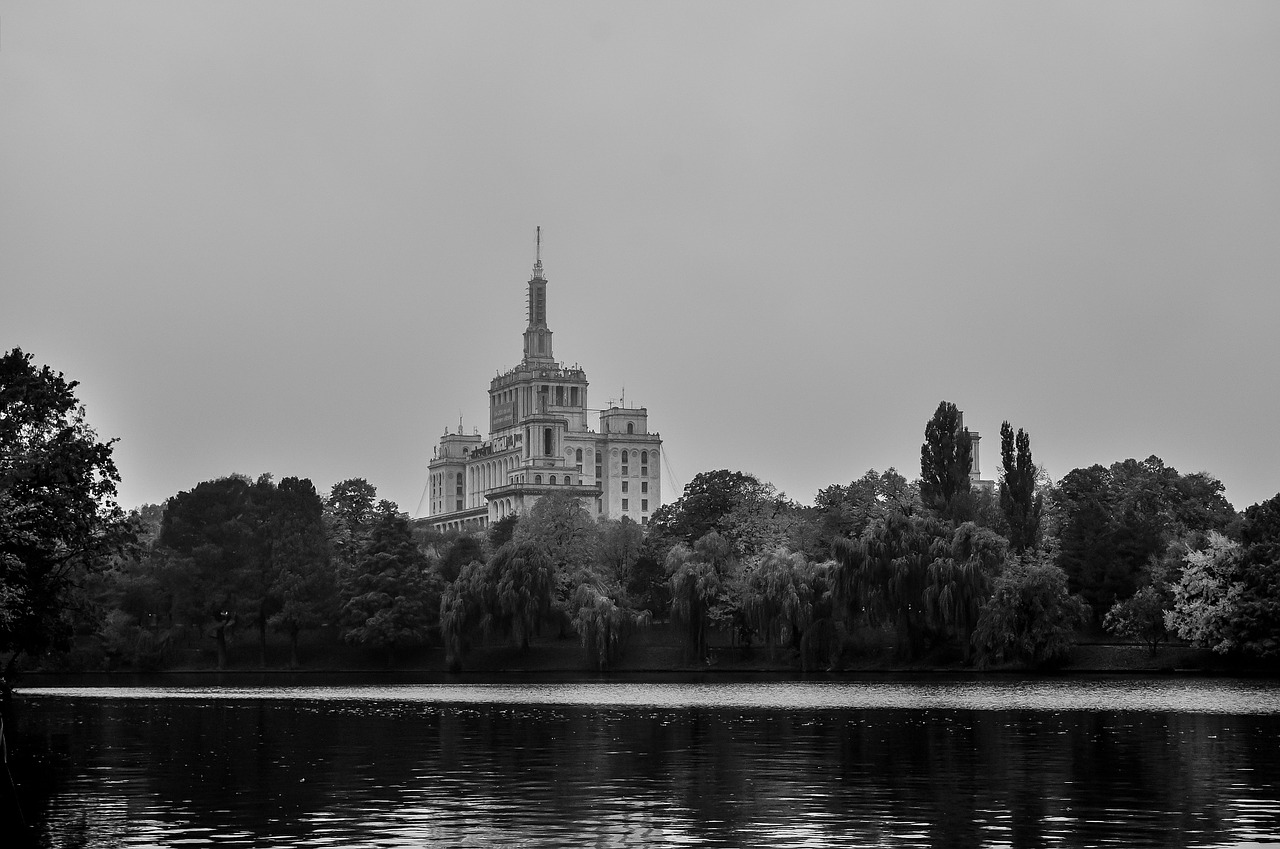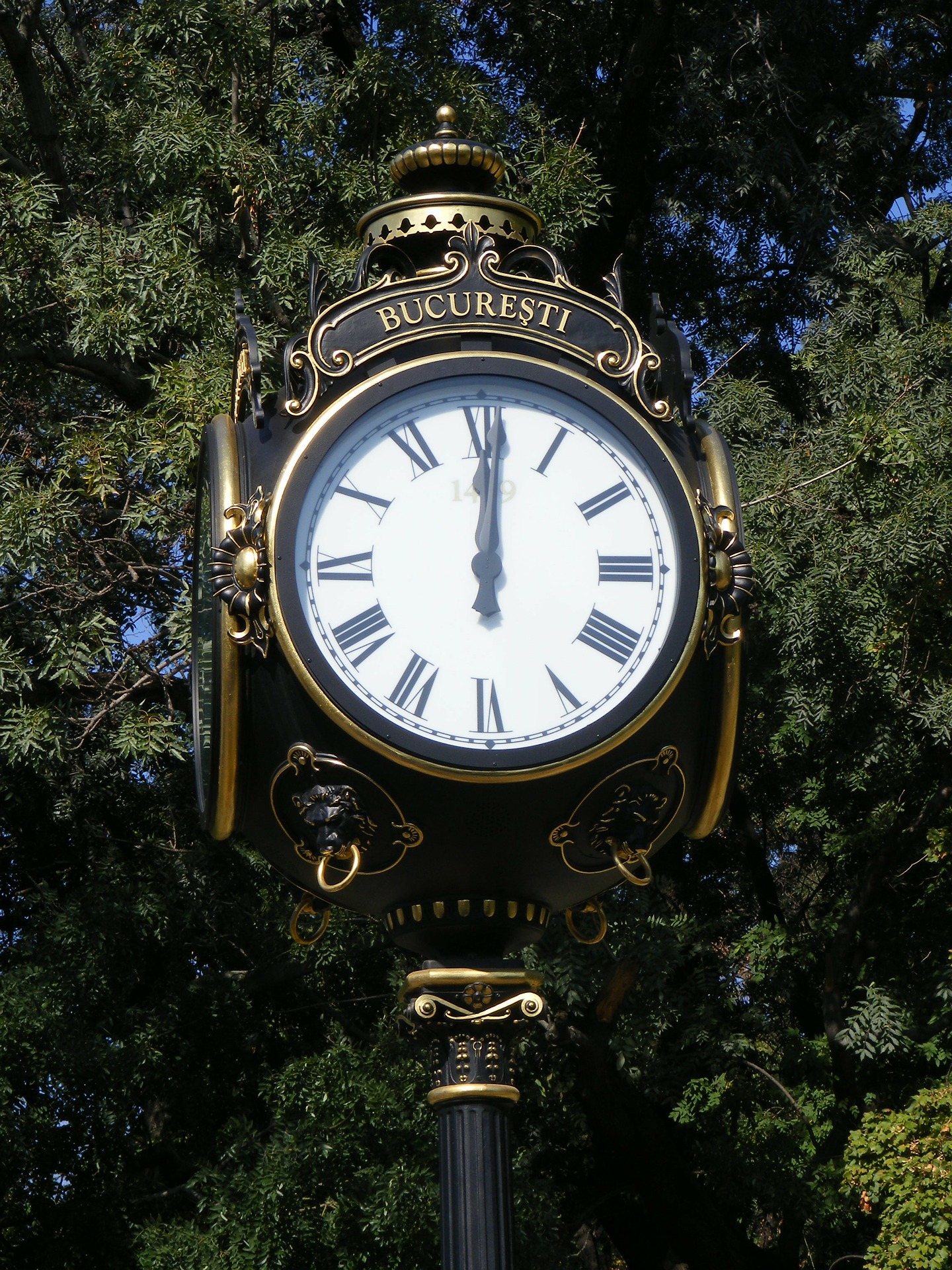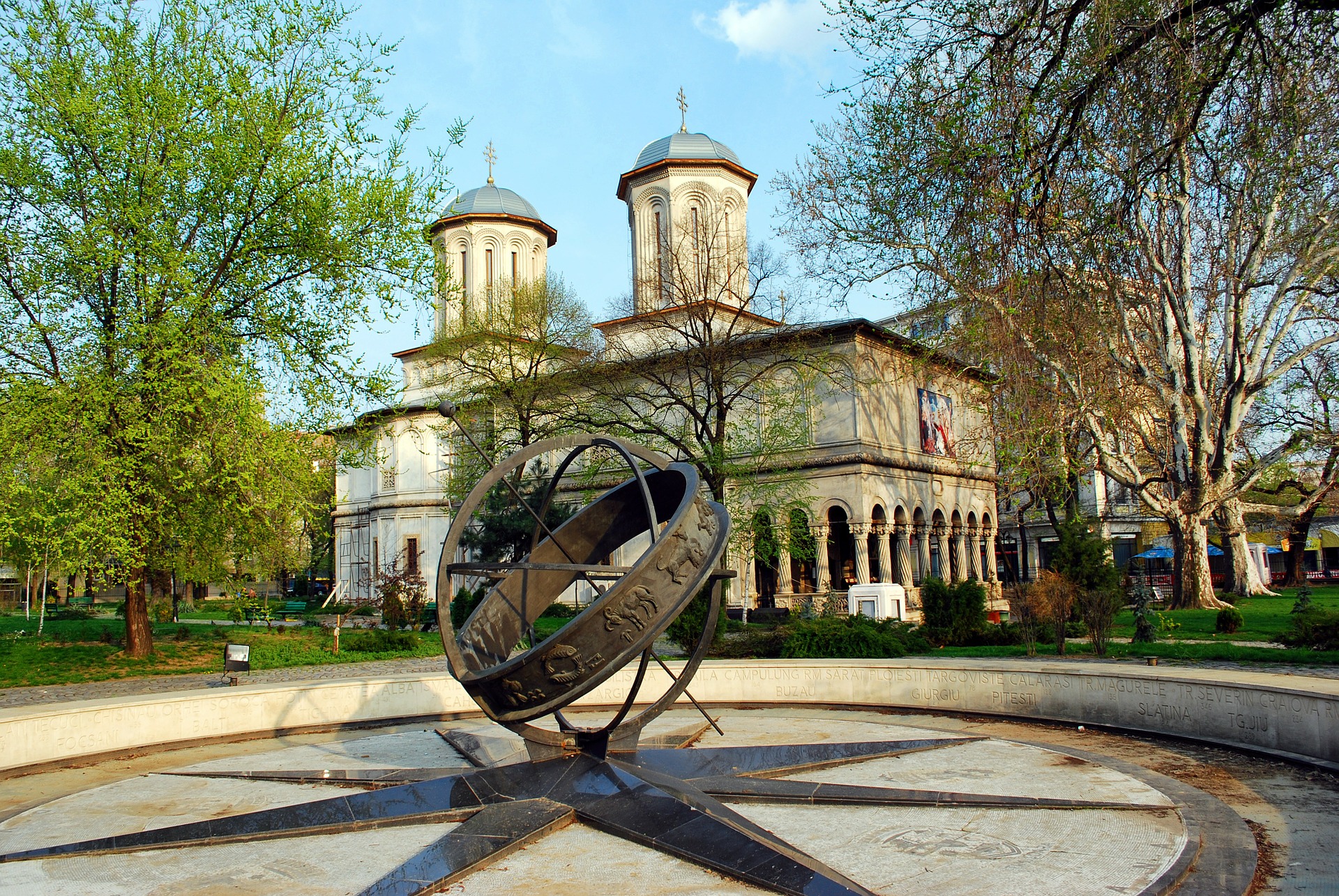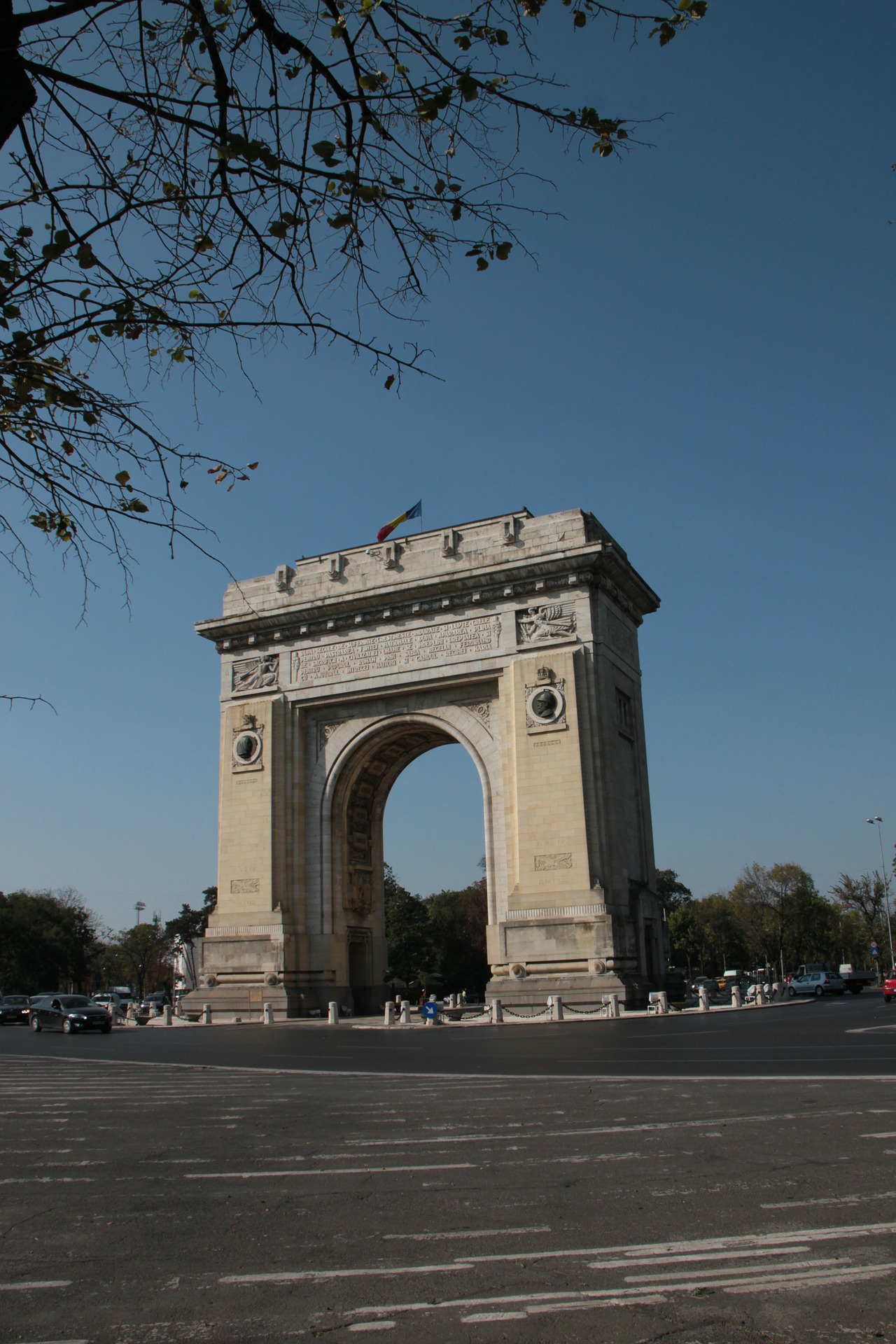In interviewing Andy from Weekend Student Adventures, he explained how he chooses which destinations will be a part of WSA.
1) How did you decide which cities you wanted to have as part of the weekend student adventures?
The decision for what destinations to offer was based off their popularity among students. We selected all the cities where we knew we could offer incredible value and unforgettable experiences for students on these weekend trips. We have learned that students truly value having a friend on the ground, especially in cities that feel more unknown, such as Budapest or Prague. Across the board, WSA takes the shock out of experiencing a new culture and helps students make the most of their time and money overseas.
2) Do you plan to add more cities to WSA and which ones have you started looking into as possibilities?
Currently, WSA runs trips in nine cities across Europe from Budapest to Dublin and London to Rome. We’re always considering our options based on student feedback, but quality of service is first and foremost among our priorities. We’re a small, growing operation and don’t want to overextend ourselves prematurely.
3) Besides the usual ‘must see’ places like the Louvre for Paris, do you and/or your guides show the groups booked on these tours the hidden gems of the cities they are visiting?
Do they show them places that the locals would know about but not your average tourist or backpacker who may stick to the usual places they have to see in these cities?
The hidden gems incorporated in to our trips are exactly what sets WSA apart. With efficient skip-the-line sightseeing as our foundation, hours are freed up in the schedule for more unique experiences unattainable to the average tourist. Our guides are locals–not expats–and they’re passionate about revealing the hidden sides to these cities. Whether it’s meeting a prince in Prague, or going on a tapas crawl in Barcelona, students report their time with us to be invaluable and unforgettable.
4) How do you choose who will be leading your tours?
We know the quality of your guide while touring a foreign city can make or break your experience there. Currently, we’ve got a team of 6 wonderful local guides across as many cities. Each has been found in different ways, and all carefully and personally vetted by our President & Chief Backpacker, Andy Steves. Some were already professional walking tour guides, so the transition was smooth and natural. Others were discovered through events or common friends. We pride ourselves in the personality of our trips, so it’s so important to us that we find the right person in each city to take over that particular destination. We love being able to introduce students to locals who have such a passion for the city they are living in.
5) Do you go through the interview process with whomever may be interested in working with WSA?
Are these people you may have met through your own travels that you know are well versed in the city they will be guiding your groups through?
The interview process starts with a meet-up over coffee and a reference check. From there we have the guide shadow a tour to learn our style and the content of the tour. Assuming all’s well, Andy Steves then shadows the candidate as he or she becomes the lead guide the following weekend and is critiqued and coached by Andy.
6 ) How do you choose the dates that each tour will be given?
We pay attention to a number of factors to determine the optimum trip lineup: each location’s weather, festival schedules, student university holidays and test periods and the success of the previous year’s weekend schedule. Obviously, a ski trip needs to run at the end of the Fall semester or the beginning of the Spring semester, while other destinations are a bit more flexible time wise. In addition, I listen to feedback from past tour members in order to take into account the best times for students to travel and keep in mind their interests throughout the semester.
7) Are your tours only offered when the universities may be in session or they offered throughout the year?
We run weekend trips based on when students are in Europe studying abroad for about 4 months: from September to December and then again from February to May. In summer months, students’ time is more structured and hostel and provider availability is down while prices are higher. We’ve found it better to stay focused on what we’re good at.
8 ) What advice would you give someone who would like to start their own business in the tourism industry so they could work for themselves and not someone else?
Andy says, “I am blessed and fortunate to have both the experience necessary to start a travel business as well as personally lived in the same shoes as the customers we’re providing a service to. That’s the easy part, though.
Being an entrepreneur is a 24 hour a day, 7 day a week job. When you are the one responsible for the success and future of a company, it’s hard to turn your head off and put your feet up. I am lucky to have many contacts in the industry, which definitely help, but it doesn’t put us across the goal line. What it really comes down to is not taking “No” for an answer from anyone. The banks will tell you no. The skeptics will tell you no. The list goes on, but if you believe in the quality of the service you’re providing and in the mission of your business, that will keep you going.
And remember, pride is expensive. I consult with others in my weaker areas to make stronger decisions. My eyes are always open and I never stop trying to learn lessons from others in the same and different industries.
The tourism industry is cut throat and competitive, but if you are passionate about travel and sharing your experiences with others, it’s all worth it, and I truly love what I do.”








